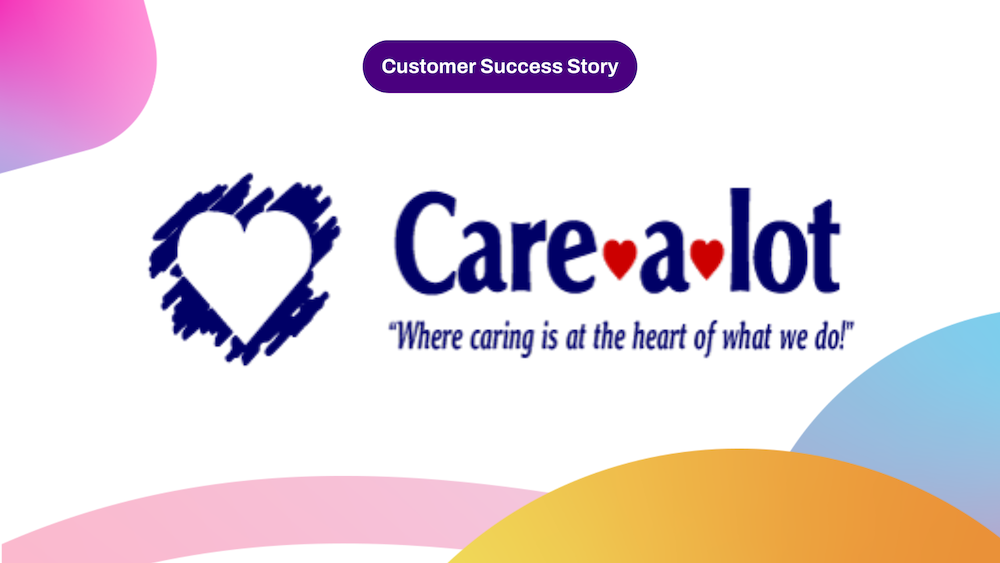Early Childhood Education, like many other fields, has struggled over the last few years. Providers have experienced stress and burnout, labor shortages, and increased costs. However, through funding and awareness, centers were able to make it through the pandemic. Yet, there is still work to be done. In a recent study, NAEYC surveyed 12,000 providers and gathered key findings about the state of the ECE industry. A key takeaway is the importance of advocacy for affordable and accessible childcare.
Keep reading to learn more about relevant statistics surrounding the sector and how to advance childcare forward through advocacy.
Key Findings
Through surveys, NAEYC and The Hunt Institute developed the following statistics.
- In 2017, the cost of center-based infant care exceeded one year’s tuition and fees at a 4-year public college in 28 states.
- Providers are competing with the food service industries who can afford to pay them more. ECE teachers actually make less on average than animal caretakers.
- While most industries are back to what their employment was during Feb. 2020, if not above that, childcare is still 10% below their February 2020 rate.
- Most voters support making childcare more affordable.
- 78% of staff are leaving because of burnout and exhaustion.
- 75% of providers received funding during the pandemic.
- 34% would have closed without the funds.
- 49% received more money in the last year.
- 48% of providers are serving fewer families than they’d like because they don’t have enough staff.
- 30% of providers were financially insecure last year
Based on these statistics, states have responded positively and are passing legislation to improve the state of childcare.
How States are Responding
Here are a few examples of how childcare is becoming more accessible and affordable for parents while becoming a better field for caretakers to work in.
- New Mexico voted to make Pre-k a universal right. Policies are in place in the state to increase compensation.
- Currently, providers in Washington, DC are entitled to a $10-$14k raise.
- In Alabama, providers are entitled to a $3k quarterly raise.
This is just the beginning of nationwide change taking place in the industry. The more we advocate, the more positive change we’ll see.
How to Take Action
Advocating for Early Childhood Education starts with connecting to the community. Most importantly, we need to share the stories and struggles of providers with politicians, policymakers, and the press. By raising awareness we can start having more open and frequent discussions about the childcare industry and work toward change. Here are some great resources to check out as you start your advocacy journey: First Five Years Fund, Build Back Better, and CCDBG.
Kangarootime’s Commitment to the Industry
At Kangarootime, we work to be so much more than a software company. We’re focused on bringing childcare together and serving providers by building the tools they need to succeed. Our commitment to the industry starts by listening to our customers and creating a community of open and honest communication. We’ve seen firsthand the struggles our customers face and work to alleviate those problems through our platform, community events, professional development, and more. By working directly with providers, we’re able to understand their needs and provide cutting-edge solutions to help them become more efficient and financially secure. Through analytics, insights, data, and benchmarking, childcare providers can optimize their business, increase profitability, and start serving more families. Beyond technology, we’re working to be advocates just like you so we can advance childcare forward and help the industry succeed.
Kangarootime is the leading all-in-one childcare management software for daycares and preschools. With billing and invoicing capabilities, parent communication and staff management tools, and classroom automation, Kangarootime helps childcare centers grow and scale. To learn more about optimizing your center with Kangarootime, visit kangarootime.com













